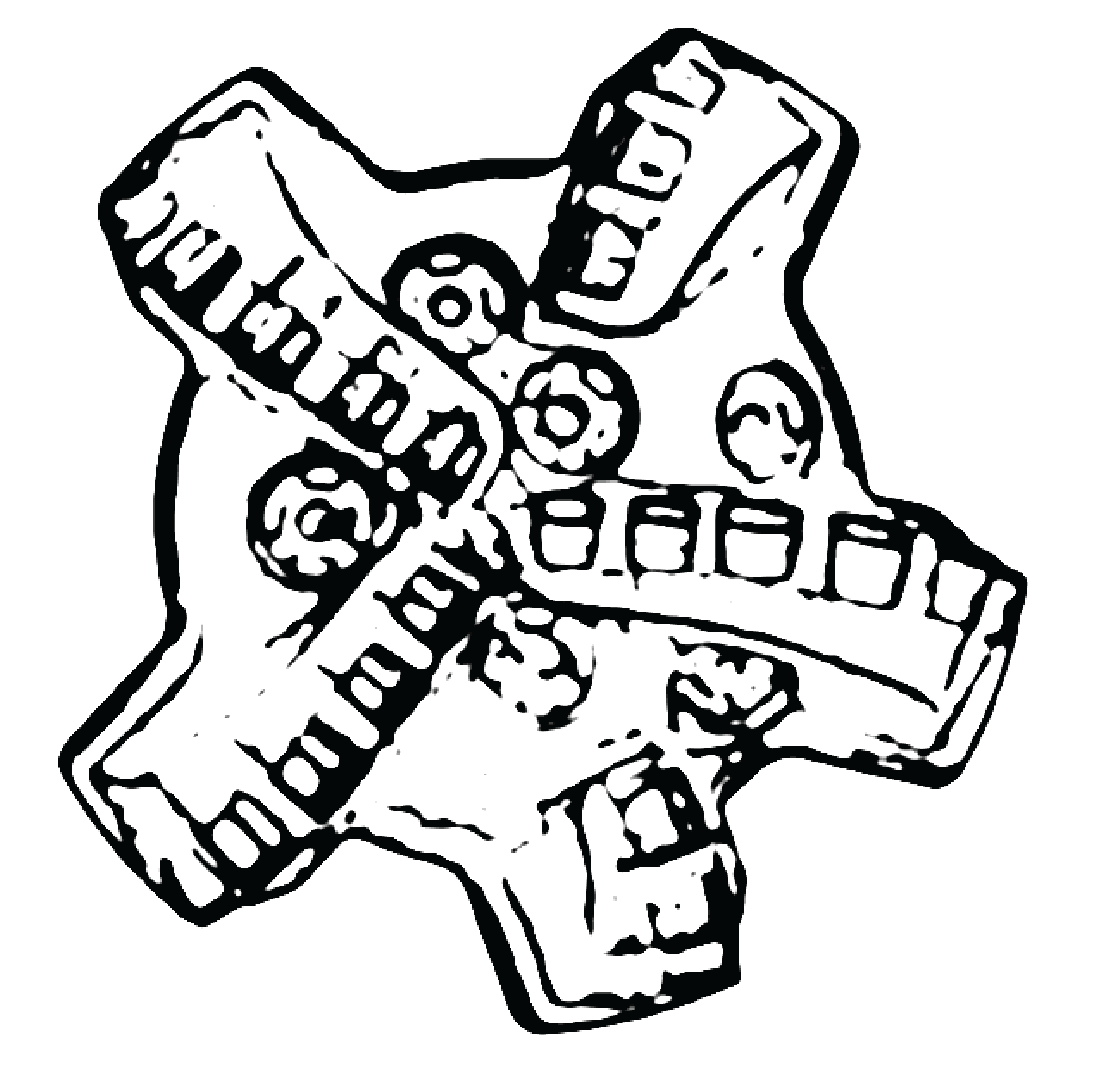Steering Committee
Dr. Roman Shor, Dr. Shanti Swaroop Kandala, Dr. Greg Payette, Dr. Eduardo Gildin, Dr. Enrique Z. Losoya, Dr. Sam Noynaert, Dr. Ulisses M Braga-Neto, Dr. Josh Wilson, Dr. Xingyong Song, Vivekvardhan Kesireddy, Dr. Lei Wang, Dr. Inho Kim, Samvith Vasudeva Rao, Dr. James Ng, Dr. Eric Cayeux, Fred Florence, Fred Dupriest, Krishna Mudda, Ty Cunningham, Rajat Dixit, Paul Pastusek
Academic Member Insitutions
Industry partners are encouraged to get in touch with member academic institutions to help develop models, provide validation data (or case studies), and provide funding to help maintain this initiative.
Texas A&M University
Dr. Eduardo Gildin (Texas A&M University)
University of Calgary
Dr. Roman Shor (University of Calgary) – the integrated Drilling Research Laboratory works in the areas of real-time drillstring dynamics modeling, optimization, and control. Canadian companies (or, companies with Canadian offices) are able to leverage funding 1:1 or 2:1 via grants from the provincial government (via Alberta Innovates) and federal government (National Science & Engineering Research Council and Mitacs). He is a founding member of the OSDC.
Selected Steering Committee Biographies
Paul Pastusek is a Drilling Mechanics Advisor at ExxonMobil. His expertise is in: automation, drill string dynamics, steerable systems, borehole quality, bit applications, cutting mechanics, rig instrumentation and control systems, and failure analysis. He received the 2020 SPE International Drilling Engineering Award and the 2017 SPE-GCS Drilling Engineering Award. Paul has a BSME from Texas A&M University and an MBA from the University of Houston. He has 43 years’ relentlessly redesigning experience. He is a Registered Professional Engineer, holds 42 US patents, and has delivered 41 presentations on drilling technology. He is leading two industry efforts: Upgrading the IADC Dull Codes and as a founding member of the OSDC.
Dr. Greg Payette is a Wells Research Engineer at ExxonMobil Upstream Research Company. Greg’s E&P expertise is in drilling dynamics modeling and real-time drilling optimization. Greg has Mechanical Engineering degrees from the University of Idaho (BS) and Texas A&M University (MS and Ph.D.). Greg has 8 US Patents, 8 peer-reviewed journal publications (5 as first-author), and more than a dozen conference papers on drilling technologies. Greg is an active member of the Society of Petroleum Engineers (SPE). He currently serves on the program committee for the yearly SPE/IADC Drilling Conference & Exhibition and was part of the steering committee for a recent SPE Forum. He is a founding member of the OSDC.
Rajat Dixit is a Wells Engineer at ExxonMobil. His primary expertise is in: drilling mechanics, drill string dynamics modeling, rig automation surveillance, and benchmarking. Rajat has a Bachelor of Technology degree in Mechanical Engineering and a Master of Science degree in Fluid and Thermal Sciences from the Indian Institute of Technology Kanpur (India). He has 3+ years of experience in the Drilling industry creating tools for drill teams and providing Well Surveillance and benchmarking support for Global ExxonMobil drill teams. He is contributing drilling mechanics models to OSDC.
Charter of the Steering Committee
Workflow
When a new model is submitted to the GitHub site it will be held pending review, not exposed to the larger OSDC community. The committee will meet monthly to review the models submitted and documentation associated with the models. If a model has been published in a peer-reviewed journal it will be prioritized for release.
If it has not been peer-reviewed the committee chair will send out a review request to the committee and/or other select members that have expertise in the type of model submitted. The feedback will be sent to the Committee Chair and model author. It will be accepted as is or with improvements suggested by the reviewers.
Suggested improvements may include better descriptions and documentation, comparison to field data, or comparison to standard test cases. The committee chair will assign a volunteer to draft the opinion for suggested improvements to be amended by the committee.
Once released the model will include comments on any known use cases and limitations.
Setting Up Verification Cases
The committee may set up a group of members to; gather data for potential validation cases and compare the model to field data, and conduct sensitivity studies of the model to other models that are available.
Special Technical Sessions
The Committee may set up special sessions on difficult topics that need to be addressed. It may solicit challenge problems from the industrial and academic community, with a problem description, potential sponsors, and suggestions for the data required and available.
The committee can rank the challenges and difficult topics according to their expert opinions, which may be used as a guide for research topics.
However, anyone may support any topic by contributing time, expertise, data, models, or funding to a research organization of their choice. Sharing the results of this work is encouraged for the benefit of the community, but it is not required.
Election to the Committee
The initial Committee will hold positions for 1, 2, or 3 years, thereafter for three years. The Steering Committee chair, new members, and replacement of inactive members will be elected by the registered OSDC members who have contributed models, data, challenge problems, or funds to the effort.
Bi-Monthly Technical Presentations
Every second month, OSDC will host a virtual webinar with a status update of OSDC followed by a technical presentation. If you would like to present, please submit an abstract here (link not yet active).
Why contribute?
Rather than re-implement yet another mass-spring-damper model of a drillstring, let’s push the state of the art and improve the accuracy and performance of advanced models.
Roman Shor
